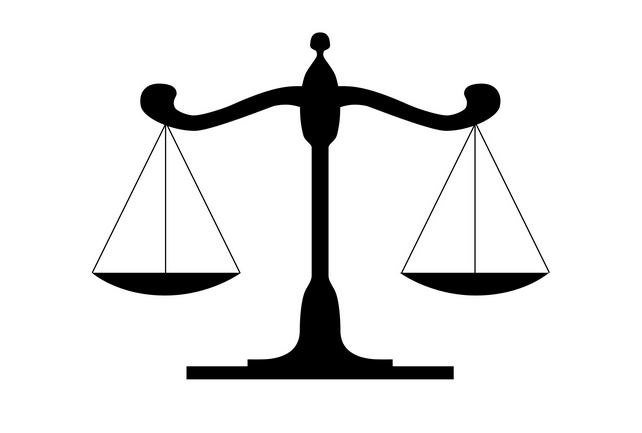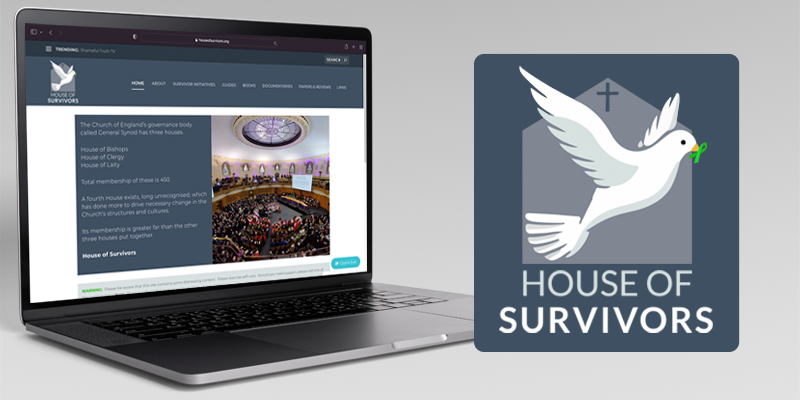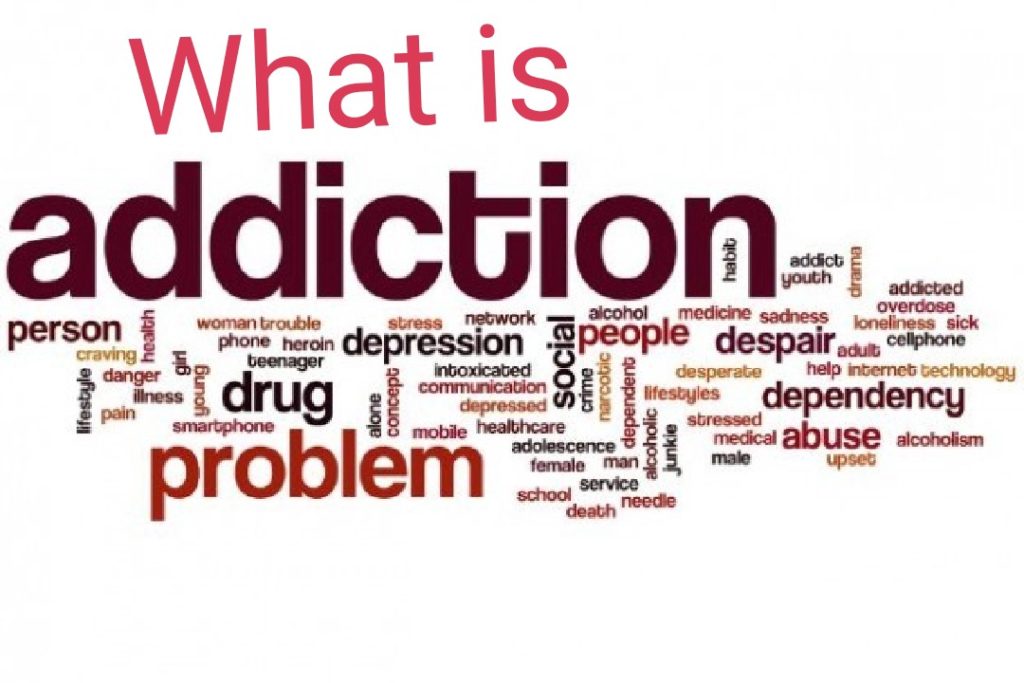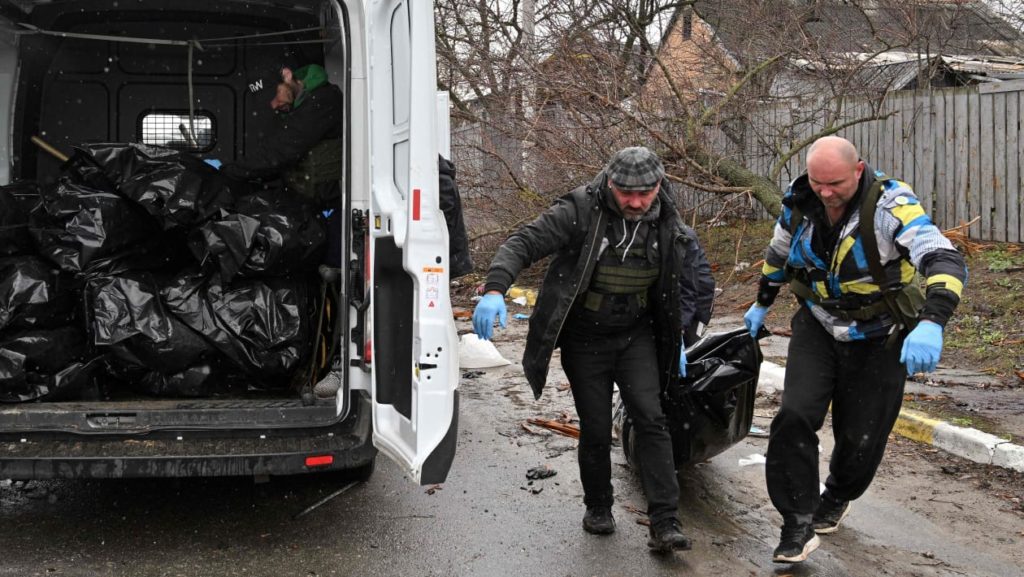by Anonymous

This is the fourth episode in the Kenneth Saga. For those meeting with it for the first time there are other blogs on this site: the first one, published December 13th 2021 written by Stephen Parsons and the second one January 7th 2022 and the third February 11th 2022 written by me.
For those following this tale of bullying and victimisation by a safeguarding core group, you may be wondering what has been happening since the last meeting I mentioned on February 2nd 2022. This was to discuss a negotiated safeguarding agreement between Kenneth and the Core Group. In the event, all Kenneth’s attempts to insert appropriate conditions to fit the actual circumstances of the case were deleted. What was left was an model agreement that might be used to monitor a convicted sex offender after release from prison for serious offences. Needless to say Kenneth was not prepared to sign such a document.
UPDATE
1. Serious Time Delays and excuses:
i) A Subject Access Request was made for all information on Kenneth’s case from October 2020- February 2022. Kenneth wanted to see the minutes of meetings, the emails and other information – of all information from the meetings and emails about Kenneth. instead of being delivered March 14th as legally required for these things, it came April 21st with many paragraphs substantially redacted. The excuses for these delays were ‘the level of work’
ii) Safeguarding Agreement with two representatives of the core group, one being the Assistant Safeguarding Adviser. Kenneth wrote on March 30th to the ASA asking the reason he had not heard anything about the safeguarding agreement since the meeting of February 2nd. Her reply was: ‘I am seeking further advice in regard to this matter. I have also been attending training, and as you are aware I work part time. I shall be in touch with you as soon as I am able’. On April 7th Kenneth rang her to ask if she had sent him an email. She had not, (surprised?) but went on to say a Senior Member of the Clergy (SMC) who had been involved with the Core Group but who was not a member, would be in touch.
The Meeting between a Senior Member of the Clergy (SMC) and Kenneth The SMC visited Kenneth at home the following Friday (Good Friday) to discuss his return to the church. Apparently he had been intending to contact Kenneth for some time! At the beginning of the meeting the SMC told Kenneth that he would be informing the Assistant Diocesan Safeguarding Adviser of the meeting. As usual, with meetings with Kenneth, no notes were taken.
His views on the Safeguarding Core Group The SMC began by telling Kenneth the Safeguarding Core Group were stuck and could not move on this issue. He thought the whole process had been dreadful and he was very sorry Kenneth had been through such suffering. He did not see how the Core Group could now come to an agreement. He could not defend the Core Group: that’s the way they are; reacting against past experiences of children not being believed. This represents a significant change in his thinking. This strong reaction had led to carrying safeguarding procedures to unlawful extremes as was clearly pointed out in The Micah 6:8 Initiative (http://chng.it/HLF4dhVd6Q). This had been sent to him and other senior clergy in the diocese but never responded to.
Wrong Procedures The SMC said he had made protests about what was wrong with the procedures not providing justice; to seek clarification on this point he was going to contact the National Safeguarding Team. Even during this meeting, the SMC showed how he did not have the full authority to make or override Core Group decisions. This was in spite of his seniority in the diocese and the fact Bishop of the Diocese knew about Kenneth’s situation.
How Kenneth might return The SMC said he was anxious for Kenneth to return to the church. Kenneth understood, (remember nothing was written down) that the Safeguarding Agreement discussed at the meetings on January 26th and February 2nd 2022 was now unnecessary. Some precedent existed for this (although no details were given to Kenneth). He said the Bishop had asked if it was safe for Kenneth to return and the SMC said it was. Sadly though, we find that Kenneth’s acceptance into the church is not unconditional by any means.
Details of conditions for Kenneth’s return At the meeting with the SMC on Good Friday Kenneth understood:
There is still the a continuing influence of the boy and his mother. They are to be told that Kenneth has gone back. In order to avoid any ‘unwanted encounters’, if the boy and mother are to be in church, then the Director of Music would know that and report to the SMC so Kenneth would be told not to attend. Thus, Kenneth cannot go to any service if the boy and his mother are there. It was not suggested that the boy should not go if Kenneth was there. There is still the attitude that the boy must be be believed without any investigation.
2. Kenneth can only go to services but may sit where he wishes. He has always enjoyed going to concerts in the church and wants to do so again but that is still being denied him.
Easter Sunday Return On Easter Sunday the SMC met Kenneth before the service and walked hand in hand with him into the church to a side chapel. Eight of Kenneth’s friends were waiting for him at the entrance to the church and informally followed behind. Other friends joined us during the short service we held there. We all exchanged the peace and then the SMC went to robe for the service.
The procession of choir and clergy came in. At this Easter Service the Bishop was present and came in last. He left the procession to come to Kenneth (whom he knew and recognised and was sitting on the end of a row, central aisle), clasped his hand and said, ‘It’s good to see you, Kenneth; welcome back”. I was sitting next to Kenneth who then shook uncontrollably, but a friend and I held him until he was calmer. After the service the bishop came to the area where we were and spoke to Kenneth in a general conversational way.
The response by the congregation was overwhelming; many of them were not expecting him to be there. Many, many were the hugs of love he was given and over and over again I heard, ‘Welcome home’, ‘We have missed you”, “It has been too long”, “We are glad to see you”. They came to where he was sitting and sought him out there, ignoring refreshments being served at the back of the church. After more than two years of having these people torn away from him so abruptly, he felt his Church family was with him again. His joy was palpable.
Editor’s comment
The story reads as though it ends with a happy conclusion. It is clear that the Bishop of the Diocese and the Senior Member of the Clergy were fully briefed on all the details of Kenneth’s situation and both appeared to believe, by their words and gestures, that, at the very least, the whole case should end. But not even a bishop in his diocese has the power to reverse the activities of a Safeguarding Core Group. The obvious way forward in a secular context would be to send the case back for some sort of re-examination. But the problem is that the evidence to suggest offending behaviour had never been properly examined in the first place. The whole case had rested on the principle that ‘the child must be believed’ even though, in this case, there were serious discrepancies and contradictions in his evidence. The fear of ‘retraumatising’ the child had prevented any attempt to interrogate the evidence by consulting other witnesses. The date and place for the alleged offence have never been securely established. Kenneth’s re-acceptance by the congregation and the senior clerics of the diocese seems not to be able to override his official guilt. The conclusion of an outsider looking in must conclude that the whole creaky structure set to manage a situation like Kenneth’s is abusive and not fit for purpose. Whatever system is being used in this case is contrary to normal principles of truth and justice and it abuses the accused who has no chance to defend himself.








